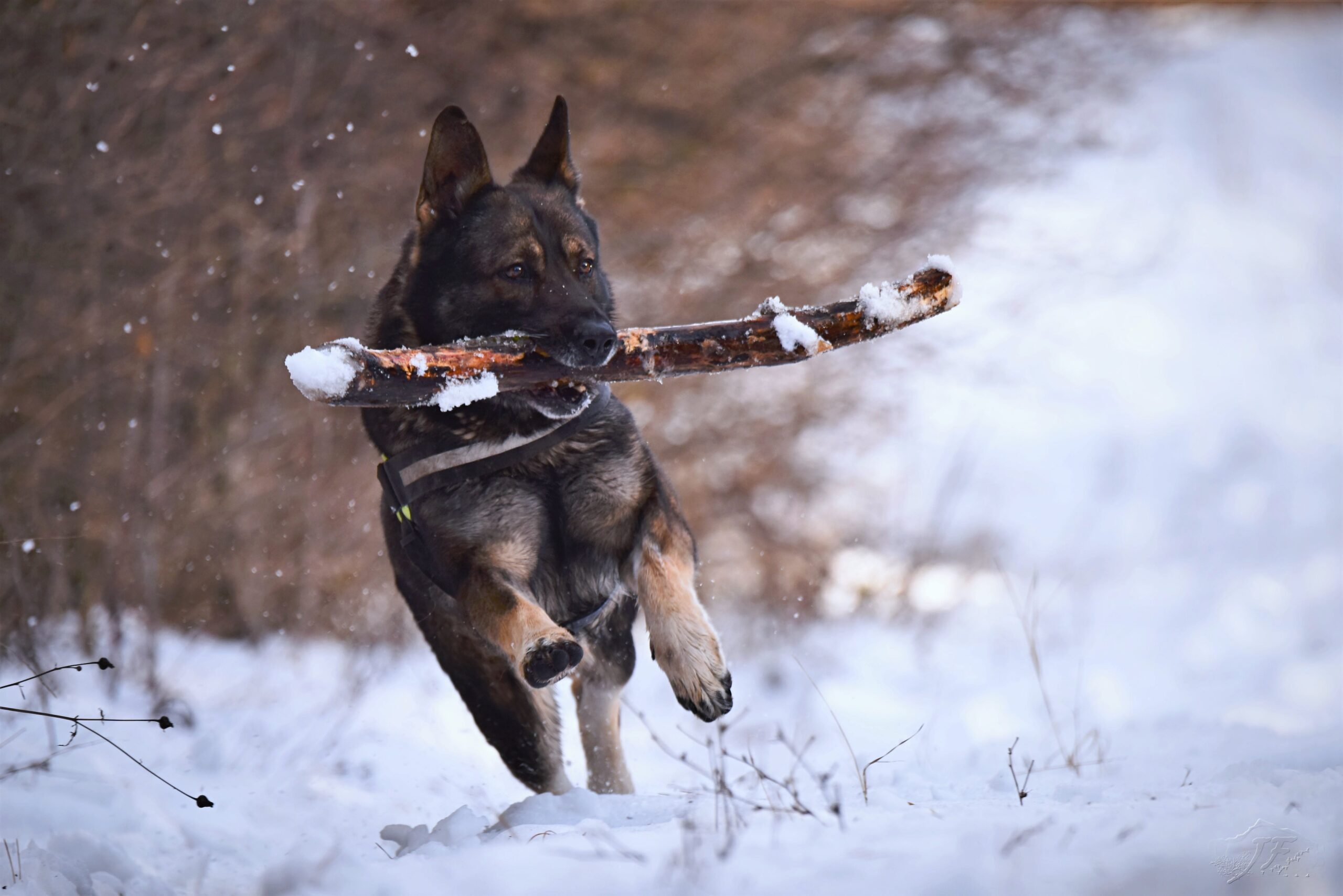For outdoor enthusiasts and survivalists alike, a faithful four-legged companion isn’t just a pet; they’re an invaluable ally and an indispensable part of the journey. Bringing a dog along on outdoor escapades isn’t just about company; it offers a host of benefits that elevate the entire experience. However, with the joys of canine camaraderie come responsibilities, particularly ensuring your furry friend’s safety and well-being in the unpredictable wilderness.
The Benefits of a Canine Companion:
Companionship and Emotional Support: Outdoor expeditions, especially in remote or challenging terrain, can be mentally taxing. A dog provides unwavering companionship and emotional support, alleviating feelings of solitude and providing a reassuring presence.
Enhanced Safety and Vigilance: Dogs possess keen senses that make them excellent watchdogs. Their ability to detect approaching wildlife or potential threats enhances overall safety and serves as a deterrent to intruders.
Tracking and Hunting Skills: With their acute sense of smell, dogs excel as trackers, aiding in locating resources, tracking game for hunting, or finding lost items, thus enhancing self-reliance in the wilderness.
Warmth and Comfort: Outdoor environments, especially during chilly nights, can be harsh. A dog provides additional warmth and companionship, fostering a sense of comfort and camaraderie.
Assistance with Tasks: Dogs can be trained to carry gear in specially designed backpacks or assist with camp chores, lightening your load and making outdoor activities more manageable.
Stress Reduction: The presence of a dog has a calming effect, reducing stress levels and providing a sense of routine amidst the unpredictability of outdoor adventures.
Versatility in Survival Scenarios: Dogs can be trained for practical applications such as search and rescue missions, carrying medical supplies, or navigating challenging terrain, adding an extra layer of preparedness.

potential Risks and Precautions:
Paw Injuries: Sharp objects or rough terrain can cause cuts or abrasions on your dog’s paws. Protect their paws with durable boots to prevent injuries.
Stings and Bites: Insect bites or encounters with venomous creatures pose risks to your dog’s health. Be vigilant in areas prone to such encounters and seek immediate veterinary care if necessary.
Musculoskeletal Strains: Strenuous activities or unexpected falls can lead to musculoskeletal injuries in dogs. Avoid overexertion and provide adequate rest to prevent strain.
Exposure to Weather Elements: Extreme weather conditions can endanger your dog’s well-being. Provide shelter from heat, cold, or inclement weather to ensure their safety.
Essential Preparedness Measures:
First-Aid Kit: Carry a dog-specific first-aid kit containing essentials such as bandages, antiseptic wipes, and tweezers for minor injuries.
Hydration: Ensure your dog stays hydrated by carrying ample water and a collapsible bowl for on-the-go hydration.
Nutritious Snacks: Pack nutritious snacks to keep your dog energized and satisfied during outdoor excursions.
Emergency Evacuation Gear: Have a dog evacuation carrier on hand for safe and comfortable transport during emergencies.
By prioritizing your dog’s safety and preparedness, you can embark on outdoor adventures together, forging unforgettable memories amidst the wonders of nature.

